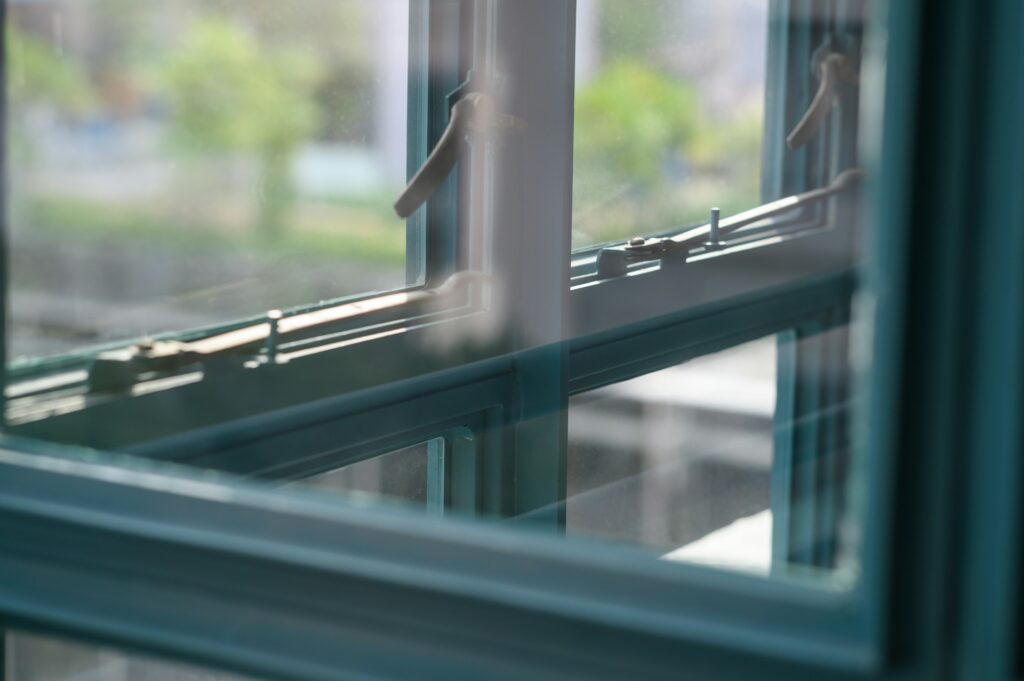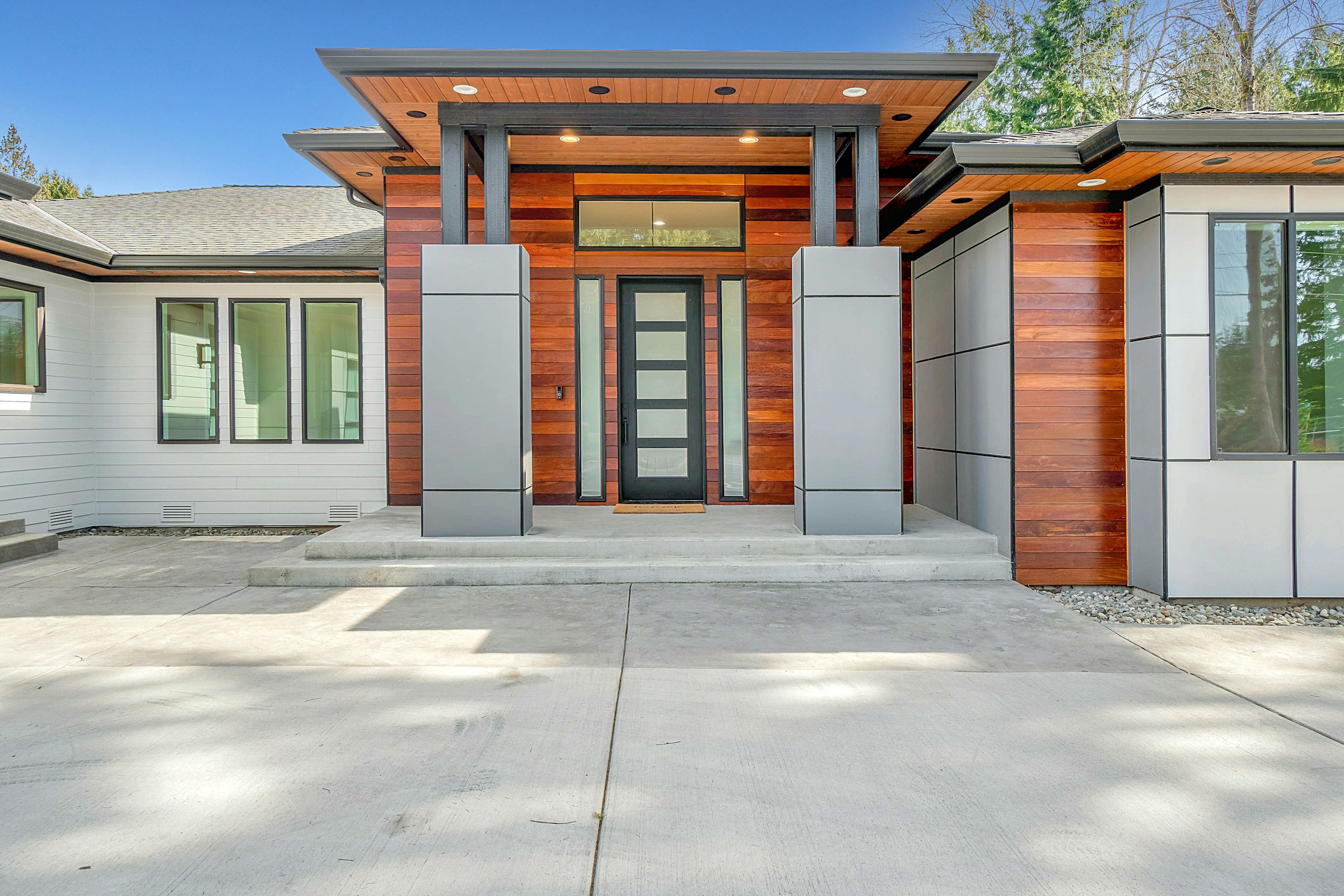Windows should protect your home from drafts, noise, and weather. But sometimes, they develop strange quirks that “speak” in the form of rattles, whistles, or taps. Homeowners often ask questions like, “Why do I hear a vibrating sound outside my window?” or “How do I stop my windows from rattling?”
While unsettling, these noises typically point to a handful of common issues: poor sealing, faulty installation, or aging frames. Understanding the cause behind the sounds can help you determine whether a repair is possible or if it’s time to consider full replacement windows.
Why Windows Vibrate in the First Place
Hearing a low hum or vibration around your glass panes usually means air pressure and window materials are interacting in a way they shouldn’t. Loose panes or deteriorating seals may allow air to rush between layers, creating vibration. In some cases, a faulty installation leaves gaps that worsen over time.
If you find yourself hearing vibrating sounds outside of your window, it’s often a sign your unit isn’t sealed properly. Left unaddressed, vibration can stress the frame, allow in moisture, and shorten the life of the window.
Rattling Windows and How to Stop Them
If your windows rattle during windy days or when a truck drives by, it’s more than just an annoyance; it’s a warning sign. Many homeowners want to know how to stop windows from rattling, and the solution often comes down to the condition of the frame. Wooden frames may shrink over time, while older vinyl or aluminum frames can loosen at connection points.
Basic weatherstripping or tightening hardware may reduce movement, but if the rattling persists, it may be time to explore sturdier options such as new vinyl windows, which resist warping and provide more stable sealing than traditional materials.

Whistling and Wind Noises Leaking From Outside
One of the most common complaints is high-pitched whistling, especially during storms. If you’re looking to resolve wind noises coming from your windows, the source may not be surprising: it’s usually air passing through small gaps in the frame, sash, or flashing.
Even a tiny opening can funnel air at high speeds, producing whistling noises that echo through the room. This issue is often connected to poor installation, which can be seen in our guide to common window installation mistakes. If your windows weren’t sealed with proper flashing or sill pans, they’re more likely to leak air, and in some cases, water!
For more on how protective layers should work, review our article on window flashing and sill pans, which explains how proper sealing prevents drafts, leaks, and noise.
Popping and Tapping Noises
Some homeowners report strange popping or tapping sounds. Naturally, the first thought is, “Why do I hear tapping on my window?” This can result from several causes. Temperature fluctuations may cause vinyl or aluminum frames to expand and contract, producing a popping sound. Tapping, on the other hand, may indicate loose components like sash locks or external debris striking the glass.
In rare cases, popping noises can signal small fractures forming in the glass itself. Our overview of types of window cracks explains how different cracks develop and what they mean for the integrity of your unit.
How Outside Noise Plays a Role
Even if your windows are intact, thin or outdated glass can allow outside noise to intrude. Many homeowners wonder how to sound block a window from traffic noise, especially if they live near busy streets. Double- or triple-pane energy-efficient windows can significantly reduce sound transmission while also improving insulation.
These upgrades not only quiet outside noise but also address many of the rattling, whistling, and tapping issues caused by inefficient, aging units.

Preventing Future Window Noises
Temporary fixes like caulking or weatherstripping may quiet a window for a while, but they won’t solve structural problems. If your windows consistently vibrate, rattle, or whistle, it’s a clear sign the units have reached the end of their lifespan. At that point, it’s worth considering a full upgrade with modern windows that provide reliable insulation, noise muffling, and security.
Yet, investing in the right replacement product is only half the battle. Installation quality is equally important. Poorly installed windows are more likely to develop gaps, leaks, and noises. That’s why working with an experienced team makes all the difference. From selecting efficient glass to ensuring proper sealing at the sill, a professional installation will help your windows stay silent, secure, and efficient for years to come.
Speak Your Window’s Language!
Strange window noises don’t have to remain a mystery. Vibrating, rattling, tapping, or whistling sounds are signals that your windows may be failing, and addressing them quickly can prevent costly repairs down the line. Modern replacements eliminate these issues while improving energy efficiency, sound blocking, and overall comfort.
Ready to quiet your noisy windows once and for all? Schedule a free estimate with Rite Window today or check our locations to see if we serve your area.




